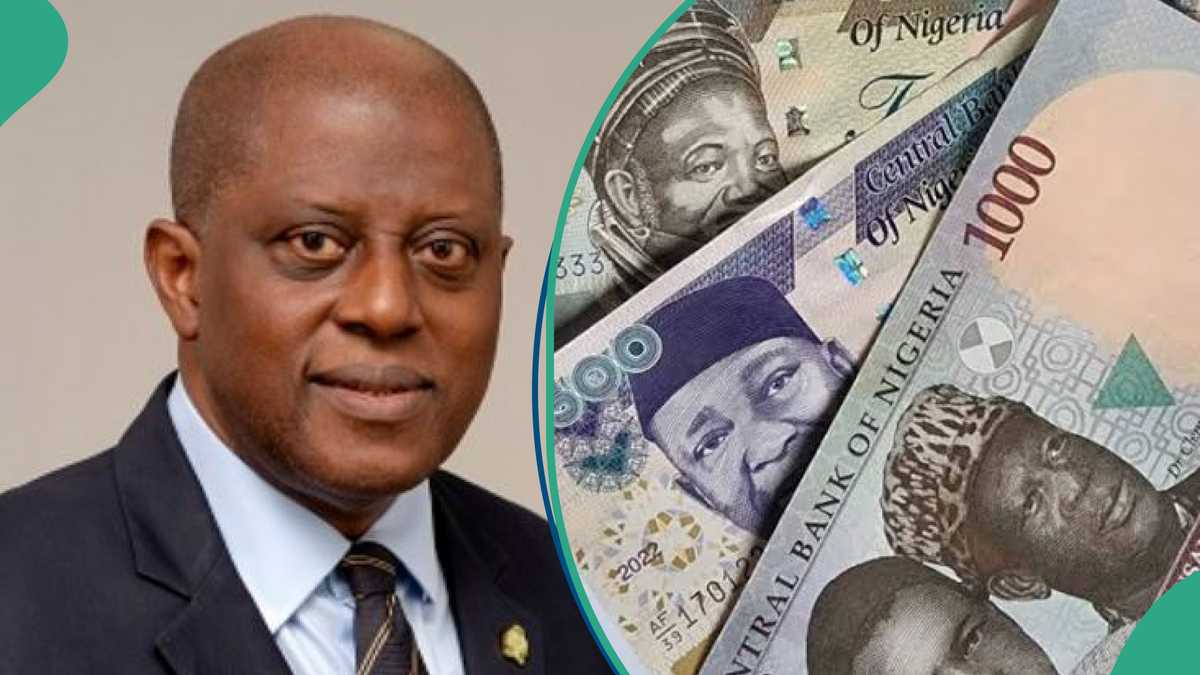



As Nigeria enters 2025, the economic landscape is shaped by various factors, including the recent 'Detty December' festivities that highlighted the nation's cultural and economic resilience despite ongoing challenges. The naira's performance has been notably weak, closing 2024 at N1,535 in the official market and N1,660 in the parallel market, reflecting a staggering 40.9% annual depreciation [a9479c29]. However, the festive season attracted global attention, featuring performances from international stars like Gunna and Chloe Bailey, alongside Nigerian icons such as Davido and Burna Boy. This influx of cultural events made Nigeria an appealing luxury destination for both diaspora and tourists, as the weak naira rendered travel and accommodations more affordable [1ebd3834].
During 'Detty December', fully booked hotels and short-let apartments indicated a surge in domestic tourism, showcasing the potential of Nigeria's hospitality sector. However, the festivities also revealed infrastructural gaps, including overwhelmed flight capacities and notorious traffic issues in Lagos, which need addressing to sustain this growth [1ebd3834].
The Central Bank of Nigeria (CBN) has been proactive in implementing reforms to stabilize the naira, including the introduction of the Electronic Foreign Exchange Matching System (EFEMS) and the Nigerian FX Code aimed at attracting foreign investment [96c722e9]. Governor Olayemi Cardoso has pledged to resolve $7 billion in unpaid claims, which may further stabilize the market [a9479c29]. Despite these efforts, analysts remain cautious about achieving President Bola Tinubu's ambitious target to stabilize the naira at N1,500 per dollar by the end of 2025 [dd2531b4].
The economic impact of 'Detty December' also highlighted the growth of Nigeria's fintech sector, as digital payments enhanced the festive experience, demonstrating the country's potential as a leader in Africa's creative economy [1ebd3834]. Furthermore, the CBN's planned Non-Resident BVN registration could boost local spending in 2025, further supporting the economy [1ebd3834].
While the naira's depreciation poses challenges, the cultural events of 'Detty December' underscore Nigeria's resilience and potential for growth in tourism and the creative economy. As the nation navigates these economic pressures, careful monitoring of both domestic and international conditions will be crucial for future stability.